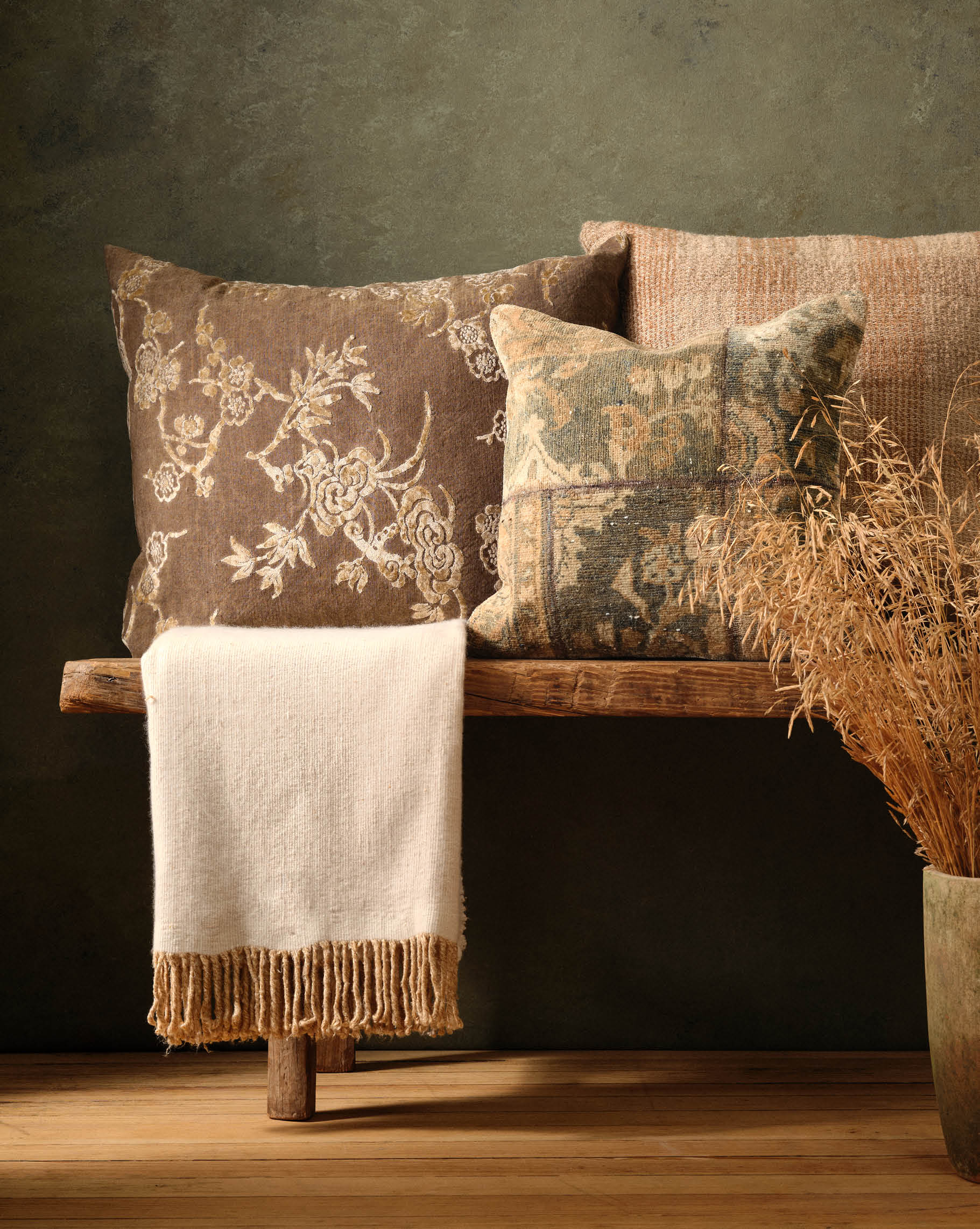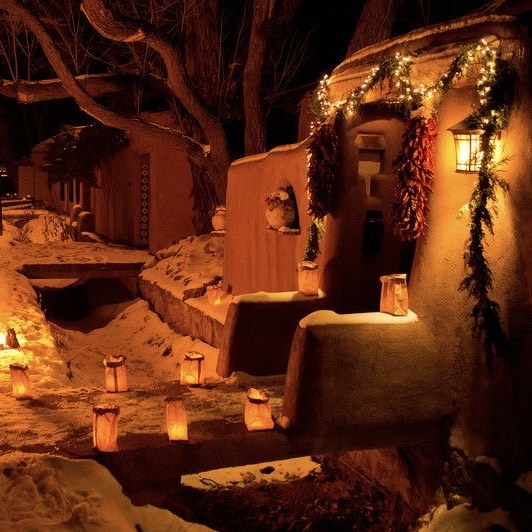Many things come to mind when thinking of Rajasthan – it cannot enter the conversation without evoking exquisite architecture, grand palaces and bright spices wafting through open air markets.

However, when considering the identity of India’s heartland, textiles come first. The country is built around a millennia of fabric excellence – many modern, world-renowned techniques originated within its borders. In Rajasthan, the home to techniques such as bandhani and jaipuri, Injiri quietly produces a collection of beautiful contemporary garments – each reinterpreting centuries of tradition for the modern wearer.

Fabric, and its many paths to creation, are so central to the character of India, that the term “India” itself was, at one time, the shorthand for “cotton” in Ancient Greece and Babylon. Splendor, spirituality and daily routine were all captured, expressed and defined by the textiles woven by each community. In this way, textiles became a visual narrative of the peoples who created them – the individual methods reflective of the plant life, natural terrain and cultural values of their genesis.


Jamandi, a practice that originated some 2000 years ago, is a favorite within Injiri’s collection. It is defined by a supple, hand-loomed cotton muslin. This technique is oft described as “woven air” for how light the final textile can be. The geometric and floral motifs woven atop the fabric appear to float. There is a deeply practical nature to the way this fabric is crafted – an intensely hot region of the world, Indian textiles need to be breezy and breathable in addition to being beautiful.


Rather than simply mimic the aesthetics of India and its many different regions, Injiri is deeply rooted within its culture and practices. Each piece reflects the communities that created and inspired it. The result of this careful work is a state of transcended being. By going to the source, Injiri accesses a new way to wear contemporary fashion. These are not just garments, but the culmination of thousands of years of history and tradition.





















